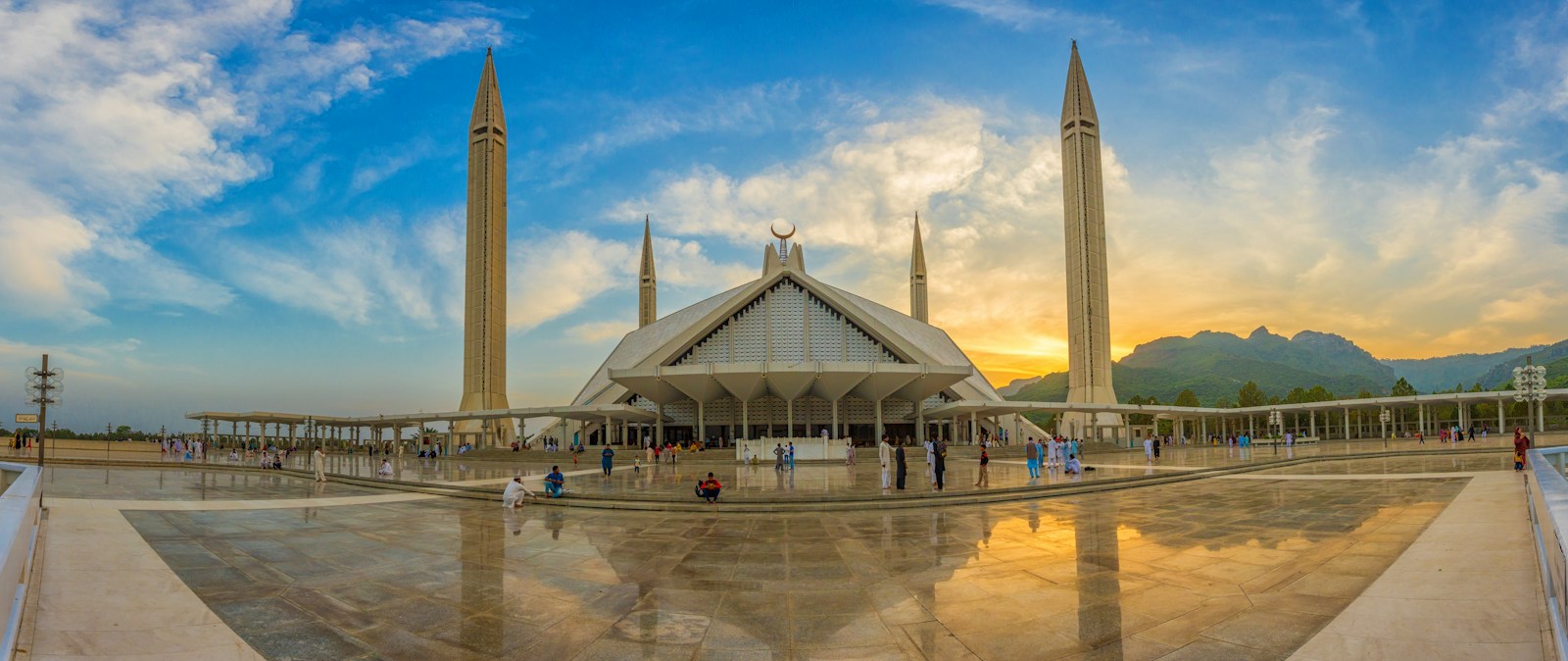
## Introduction
Pakistan’s political landscape has been rocked by the recent conviction of former leader Imran Khan. After a day of being jailed for 10 years, Khan was further sentenced to 14 years in prison, marking a significant moment in the country’s history. This article delves into the details surrounding Khan’s conviction, the implications for Pakistani politics, and the potential repercussions on the global stage.
Background on Imran Khan
Imran Khan, a prominent figure in Pakistani politics, rose to fame as a cricketer before transitioning into a successful political career. He founded the Pakistan Tehreek-e-Insaf (PTI) party and served as the country’s Prime Minister from 2018 to 2021. Khan’s leadership was marked by promises of anti-corruption measures, economic reforms, and a focus on social justice.
The Court Case and Conviction
The court case against Imran Khan centered around allegations of corruption and misuse of power during his time as Prime Minister. The charges included embezzlement, money laundering, and abuse of authority. After a thorough investigation, the court found substantial evidence supporting the accusations, leading to Khan’s conviction.
The sentencing of Imran Khan to 14 years in prison is a significant blow to his political career and legacy. It serves as a stern warning to other politicians and public figures, highlighting the consequences of corruption and abuse of power.
Political Implications
Imran Khan’s conviction has sent shockwaves through Pakistan’s political landscape. The PTI party, which he founded, is left grappling with the aftermath and the question of succession. The loss of a charismatic and influential leader like Khan will undoubtedly impact the party’s popularity and ability to maintain its stronghold.
Furthermore, Khan’s conviction raises questions about the credibility and transparency of the political system in Pakistan. It underscores the need for stronger anti-corruption measures and a renewed commitment to upholding the rule of law.
Impact on Pakistani Democracy
Pakistan’s democracy is facing a critical test with Imran Khan’s conviction. The judiciary’s ability to hold a powerful figure accountable for their actions showcases the strength and independence of the country’s legal system. However, it also raises concerns about the potential misuse of the judicial process for political gains.
The way in which Khan’s conviction is handled will shape public perception of the Pakistani democracy. It is essential for the authorities to ensure a fair and transparent process, reassuring citizens that the rule of law is upheld without bias or political interference.
Repercussions on Global Relations
Imran Khan’s conviction has not gone unnoticed on the global stage. Pakistan’s relationships with other countries may be affected as they assess the country’s commitment to fighting corruption and upholding democratic values. International allies and investors will closely monitor the developments, potentially impacting foreign aid, investments, and diplomatic ties.
Furthermore, Khan’s conviction may embolden other countries to take a stronger stance against corruption within their own borders. It serves as a reminder that no individual, regardless of their status or position, is above the law.
Public Reaction and Protests
The news of Imran Khan’s conviction has sparked mixed reactions among the Pakistani public. Supporters of Khan view the case as a political vendetta, questioning the timing and motivations behind the charges. They have taken to the streets in protest, demanding justice and rallying behind their leader.
On the other hand, there are those who welcome Khan’s conviction as a step towards accountability and a deterrent against corruption. These individuals see the court’s decision as a victory for the rule of law and a signal that no one is immune from prosecution.
The Future of Pakistani Politics
Imran Khan’s conviction leaves a void in Pakistani politics. As the PTI party navigates the aftermath, the country is likely to witness a realignment of power and the emergence of new political leaders. The upcoming elections will be crucial in determining the direction of Pakistani politics and the extent to which Khan’s legacy continues to shape the nation.








